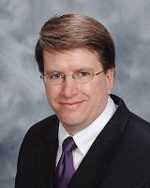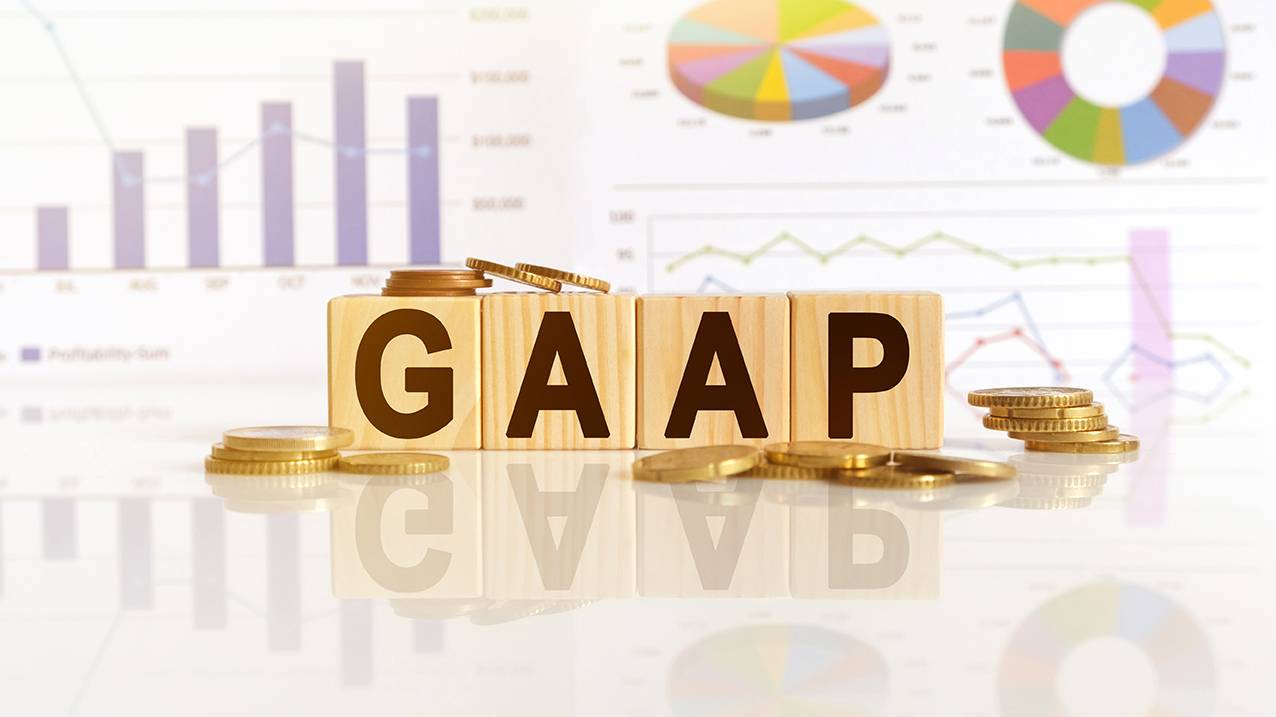

$87.00 – $107.00
Webcasts are available for viewing Monday – Saturday, 8am – 8pm ET.
Without FlexCast, you must start with enough time to finish. (1 Hr/Credit)
Climate Change Accounting & Sustainability Reporting
Format
Self-Study
Course Level
Overview
CPE Credits
3 Credits: Accounting
Course Description
As the world increasingly focuses on climate change and sustainability, companies face growing demands for nonfinancial reporting, especially concerning environmental, social, and governance (ESG) factors. This course addresses the vital need for finance professionals to understand these emerging requirements. It reviews the latest sustainability reporting frameworks and how they influence the investment and lending decisions of global financial institutions. We will explore how investors are shifting their focus from short-term gains to long-term impacts on the environment and society. The course also delves into the accounting for climate-change risks under U.S. GAAP and IFRS. While these standards don’t explicitly cover climate-change risks, they encompass relevant issues. You’ll learn how to apply these standards and understand materiality in the context of climate and other emerging risks. This course provides the tools to define climate change, assess its economic impacts, and identify the financial risks associated with it. By understanding the nuances of nonfinancial disclosures and sustainability reporting, you can guide your company through the complexities of ESG issues and ensure compliance with evolving global standards.
Learning Objectives
Upon successful completion of this course, participants will be able to:
Chapter 1
- Define ‘climate change’ and ‘global warming’; identify the factors that are believed to cause these trends.
- Recognize the potential economic impacts of climate change.
- Identify the financial risks associated with climate change.
Chapter 2
- Recognize how companies supplement their traditional financial statements with nonfinancial disclosures that highlight ESG (environment, social, and governance) issues.
- Identify the potential benefits of strong sustainability reporting practices and the potential pitfalls of “greenwashing”.
- Recognize disclosure practices that are consistent with leading sustainability reporting frameworks.
Chapter 3
- Recognize best practices for disclosing material information about climate-related and other emerging risks in the financial statements.
- Identify areas of accounting that are impacted by climate-related and other emerging risks.
Course Specifics
1213542
July 29, 2022
There are no prerequisites.
None
91
Compliance Information
CMA Notice: Western CPE makes every attempt to maintain our CMA CPE library, to ensure a course meets your continuing education requirements please visit Insitute of Management Accountants (IMA)
CFP Notice: Not all courses that qualify for CFP® credit are registered by Western CPE. If a course does not have a CFP registration number in the compliance section, the continuing education will need to be individually reported with the CFP Board. For more information on the reporting process, required documentation, processing fee, etc., contact the CFP Board. CFP Professionals must take each course in it’s entirety, the CFP Board DOES NOT accept partial credits for courses.
Meet The Experts

Michael J. Walker, CPA, is based in New England and has decades of accounting experience in the financial services, information technology services, and construction industries. He has an extensive technical accounting background that includes hands-on experience with U.S. GAAP and International Financial Reporting Standards (IFRS). His expertise includes accounting for financial instruments, securitizations, and other banking products. He graduated from Bentley University with a BS in finance and an MS in accountancy.
Related Courses
-
 Accounting
Accounting
Accountants’ Guidebook
Steven M. Bragg, CPA QAS Self-Study
Credits: 30 $600.00
QAS Self-Study
Credits: 30 $600.00$600.00 – $640.00
-
 Accounting
Accounting
GAAP Guidebook
Steven M. Bragg, CPA QAS Self-Study
Credits: 29 $580.00
QAS Self-Study
Credits: 29 $580.00$580.00 – $620.00
-
 Accounting
Accounting
Accounting Fraud: Recent Cases
Joseph Helstrom, CPA QAS Self-Study
Credits: 1 $29.00
QAS Self-Study
Credits: 1 $29.00$29.00 – $49.00
